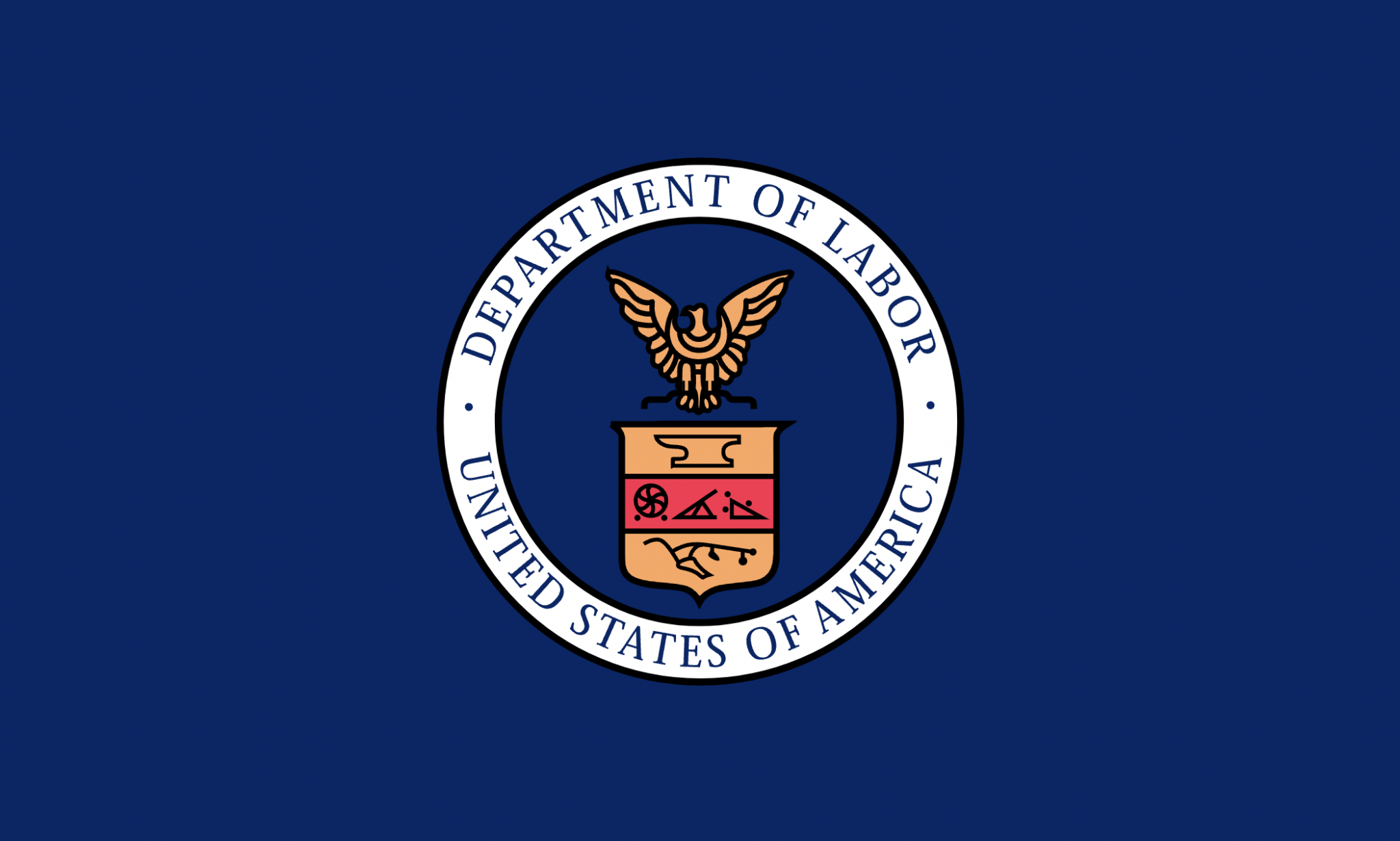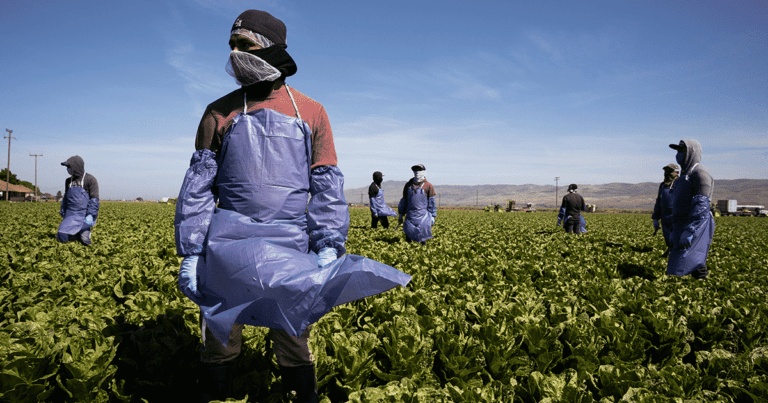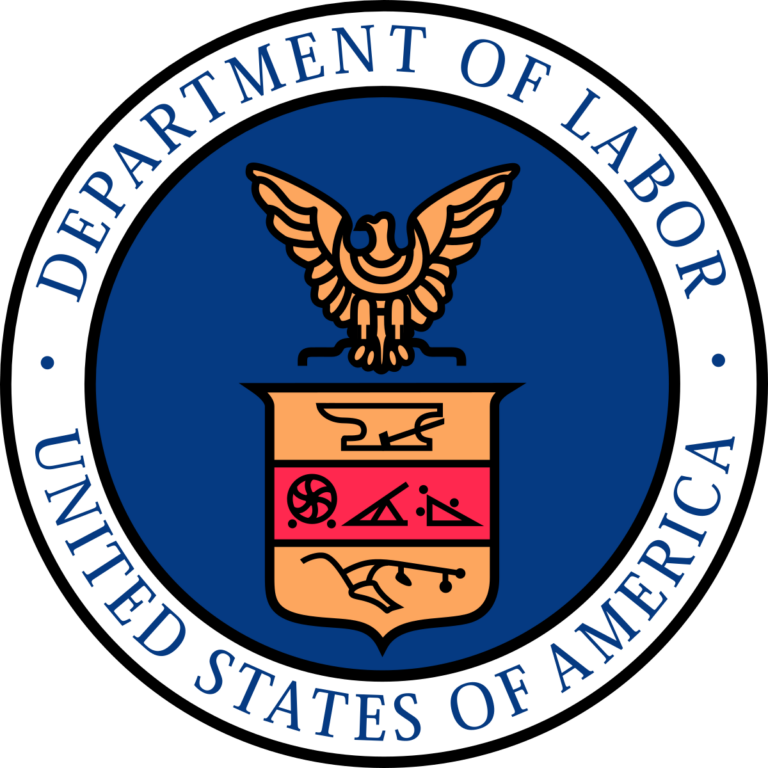
John Fry is a student at Harvard Law School.
Last Tuesday, the Department of Labor released a final rule governing which workers are classified as employees under the Fair Labor Standards Act, aiming to make more workers eligible for minimum wage and overtime protections. The rule, which could apply to many workers currently classified as independent contractors, is the latest salvo in a set of classification battles that industry groups and worker advocates are fighting at the state level and before federal agencies like the DOL and the National Labor Relations Board. The U.S. Chamber of Commerce has threatened to challenge the rule, which is slated to take effect in March.
The new rule overturns a Trump administration rule from 2021 which made a worker’s control over their own work and opportunity for profit or loss the “core factors” in the classification inquiry. As Sunah explained last week, the new rule reinstates a six-factor test that does not distinguish between core and non-core factors, but instead balances all circumstances relevant to a worker’s “economic reality.” The six factors are (1) opportunity for profit or loss depending on managerial skill; (2) investments by the worker and the potential employer; (3) degree of permanence of the work relationship; (4) nature and degree of control; (5) extent to which the work performed is an integral part of the potential employer’s business; and (6) skill and initiative. The DOL argues that these factors are consistent with decades of judicial precedent following the passage of the FLSA.
The impact the new rule will have is not yet clear, even assuming it survives the inevitable legal challenges from employers. The new test is similar to that used before 2021, and some commentators believe that courts deciding classification questions care more about case law than about regulations in any event. While the trucking industry has decried the new rule, Uber and other gig companies are projecting confidence, saying they don’t expect their workers to be deemed employees. Notably, the new rule is not as broad as the “ABC” test adopted in California, which very likely would have deemed gig workers employees were it not for the passage of Proposition 22 in 2020.
Even as the DOL struggles with staffing shortages and Secretary Julie Su remains unconfirmed by the Senate, the issuance of this rule signals that the agency is focused on classification, an issue that has attracted enormous attention in recent years. Data suggests that misclassification can cost workers thousands per year in lost wages and benefits, and the rise of the gig economy has led to many legal battles over the issue. Much like the NLRB’s Atlanta Opera decision last year, the DOL’s new rule shows that the Biden administration intends to repeal Trump-era standards and provide employment protections to more workers.










Daily News & Commentary
Start your day with our roundup of the latest labor developments. See all
February 20
An analysis of the Board's decisions since regaining a quorum; 5th Circuit dissent criticizes Wright Line, Thryv.
February 19
Union membership increases slightly; Washington farmworker bill fails to make it out of committee; and unions in Argentina are on strike protesting President Milei’s labor reform bill.
February 18
A ruling against forced labor in CO prisons; business coalition lacks standing to challenge captive audience ban; labor unions to participate in rent strike in MN
February 17
San Francisco teachers’ strike ends; EEOC releases new guidance on telework; NFL must litigate discrimination and retaliation claims.
February 16
BLS releases jobs data; ILO hosts conference on child labor.
February 15
The Office of Personnel Management directs federal agencies to terminate their collective bargaining agreements, and Indian farmworkers engage in a one-day strike to protest a trade deal with the United States.